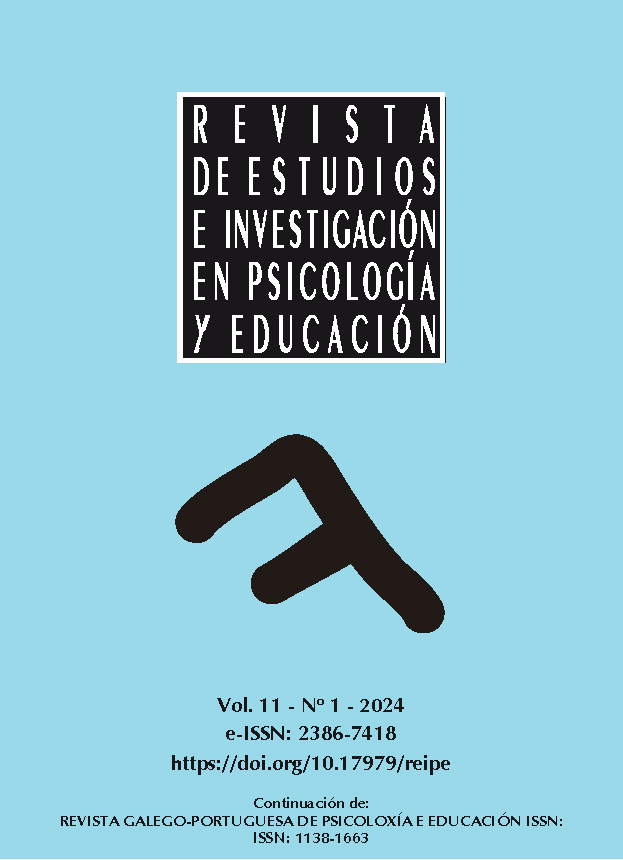Evaluación de la comunicación expresiva en niños/as pequeños/as mediante el Early Communication Indicator-Portugal
##plugins.themes.bootstrap3.article.main##
Resumen
Dada la alta prevalencia de niños portugueses con trastornos de la comunicación, se necesitan instrumentos válidos para la detección precoz de estos trastornos. Por ello, el objetivo de este estudio es determinar la eficacia del Indicador de Comunicación Temprana-Portugal (ICE-Portugal) para identificar el riesgo entre los niños/as portugueses/as de desarrollar un trastorno de la comunicación. La muestra para el estudio comprendía 480 niños y niñas de todo el país, con edades comprendidas entre los 6 y los 42 meses, de los cuales 40 se identificaron como niños/as con trastornos de la comunicación. Los resultados mostraron que los niños y niñas con trastornos de la comunicación presentan un desarrollo comunicativo expresivo significativamente más lento en comparación con quienes tienen un desarrollo típico, incluyendo un uso más prolongado de las vocalizaciones y una aparición más tardía de palabras y frases. Estos resultados muestran la utilidad del ECI-Portugal para identificar diferencias entre niños/as con y sin trastornos de la comunicación desde una edad temprana, y su importancia potencial como instrumento para la evaluación y monitorización de problemas relacionados con la comunicación en niños/as portugueses/as desde una edad temprana.
Descargas
##plugins.themes.bootstrap3.article.details##

Esta obra está bajo una licencia internacional Creative Commons Atribución-CompartirIgual 4.0.
Los trabajos publicados en esta revista están bajo una licencia Creative Commons Reconocimiento-CompartirIgual 4.0 Internacional.
Los/as autores/as son los titulares de los derechos de explotación (copyright) de su trabajo, pero ceden el derecho de la primera publicación a la Revista de Estudios e Investigación en Psicología y Educación, la cual podrá publicar en cualquier lengua y soporte, divulgar y distribuir su contenido total o parcial por todos los medios tecnológicamente disponibles y a través de repositorios.
Se permite y anima a los/as autores/as a difundir los artículos aceptados para su publicación en los sitios web personales o institucionales, antes y después de su publicación, siempre que se indique claramente que el trabajo está en esta revista y se proporcionen los datos bibliográficos completos junto con el acceso al documento, preferiblemente mediante el DOI (en caso de que sea imprescindible utilizar un pdf, debe emplearse la versión final maquetada por la Revista). En el caso de artículos que provengan de estudios o proyectos financiados, esto se hará en los plazos y términos establecidos por la entidad o entidades financiadoras de la investigación publicada.



